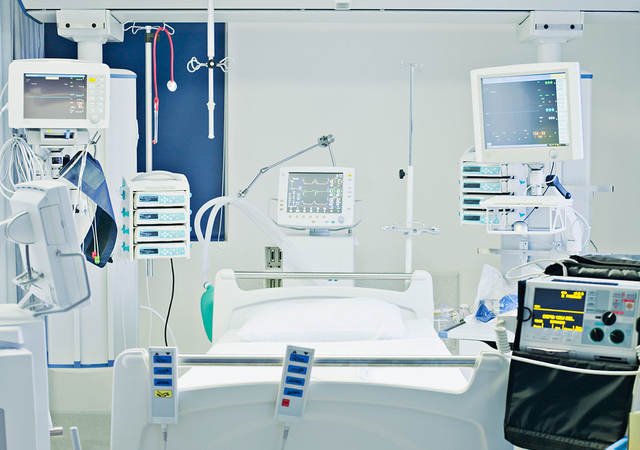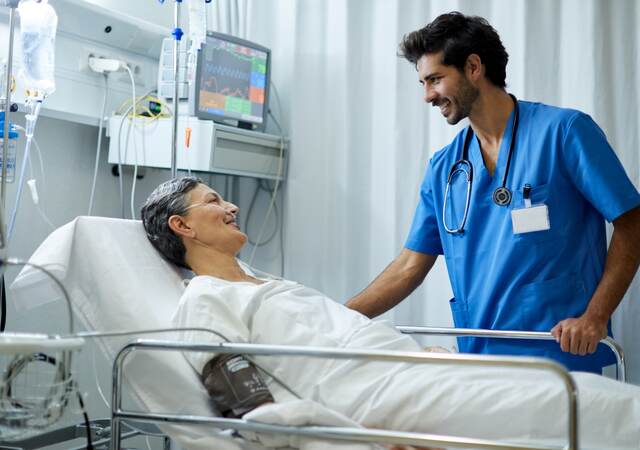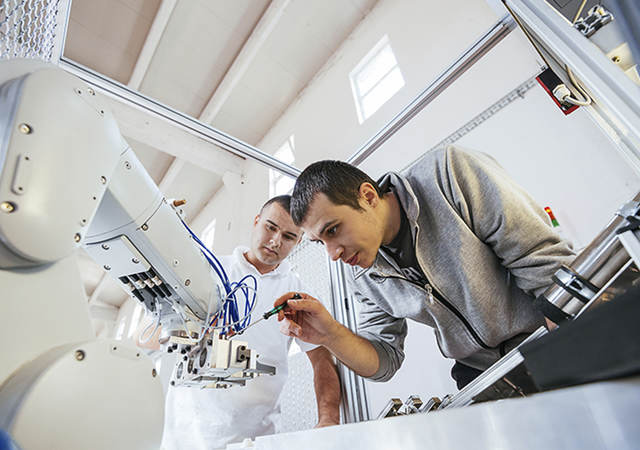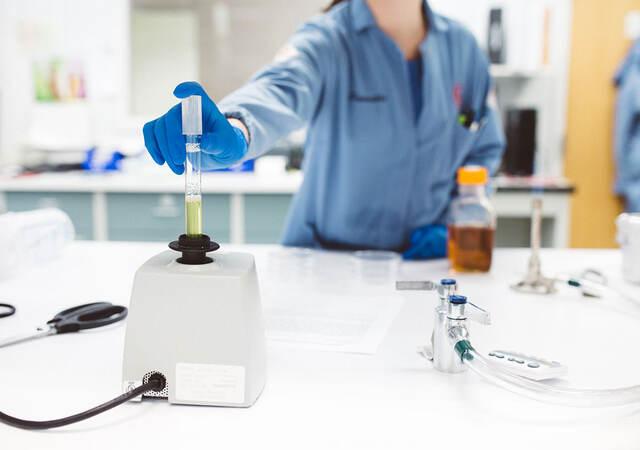From Sept. 11 to 22, 2023, IEC TC 62 subcommittees (SC) and plenary meetings were held in Seoul, Korea, where medical devices experts representing the various national committee member countries gathered to discuss and approve the standardization work of IEC TC 62 related to existing standards and plans for the next edition. IEC TC 62 has been committed to improving patient safety by developing standards for medical equipment, software and systems.
In addition to discussing and deciding on various topics during the various plenary meetings of TC 62, SC 62A, SC 62B, SC 62C and SC 62D, the following items are the most important:
- Standardization work plan of IEC 60601-1 4th edition
This work plan has been under discussion for several years, taking into account the structure of the current IEC 60601 family of standards with feedback from the standards’ use and practice. IEC TC 62 intends to integrate the contents of the collateral standards IEC 60601-1-2, IEC 60601-1-6, IEC60601-1-8, IEC60601-1-10, IEC60601-1-11 and IEC60601-1-12 into the IEC 60601-1 general standard. The structure of the fourth edition standard will also be changing, as stated in the design specification document and the architecture document. Both of these documents were approved by the National Committees and will be available for all on the TC 62 website. The fourth edition of IEC 60601-1 will be a milestone standard, and the IEC TC 62 plenary meeting decided to initiate the work of drafting IEC 60601-1, 4th edition. TC 62 will be forwarding a Q document to the national committees requesting the nomination of experts for the 12 clusters. The first meeting will be held in April at the Association for the Advancement of Medical Instrumentation (AAMI) headquarters near Washington, D.C. The expectation of the working group (WG) members is there will be two in-person meetings a year and at least monthly Zoom calls. The aim of the work is to complete the fourth edition work within a five-year period. - Standardization of artificial intelligence in medical application scenarios
The application of artificial intelligence in medical scenarios has brought new vitality, thinking and challenges to the entire medical industry. During the meeting weeks, the second International Workshop on Artificial Intelligence/Machine Learning (AI/ML) – Medical Devices (MD) Standardization was held on Sept. 16. The theme of the workshop focused on Future AI/ML – MD and future regulation. Not only have outstanding enterprises shared the use of AI in different application scenarios — including AI in lung cancer screening, AI in chest radiography (CXR)/mammo cancer screening and AI in radiation oncology — industry leaders also presented their work on standardization, including artificial intelligence-enabled medical devices – methods for the technical verification and validation (IEC TC62 PT63450), artificial intelligence-enabled medical device – evaluation process (IEC TC62 PT8), testing of AI systems (ISO/IEC TS 29119-11).
At this meeting, Pamela Gwynn, global principal engineer – medical, attended as a national delegate of the United States, and Paul Zhang, global medical safety business lead of UL Solutions, attended as a national delegate of China.
Our expertise in the healthcare industry
Dedicated to healthcare industry innovation, UL Solutions leverages decades of technical, regulatory and clinical expertise to help you manage regulatory challenges and bring safer products to market faster.
Our testing and compliance engineers work closely with standards committees to stay up to date on all the new amendments and upcoming changes. These committees include the American National Standards Institute (ANSI), the Association for the Advancement of Medical Instrumentation (AAMI) and the International Electrotechnical Commission (IEC). UL Solutions has several U.S. FDA ASCA-accredited testing laboratories, including in the U.S., Japan and Italy.
We provide a single source for your needs, helping you save time and money. Our comprehensive suite of services includes end-product testing, certification, validation (EMC, wireless, safety, interoperability, cybersecurity, biocompatibility), and Global Market Access.
About the author
Paul (Bo) Zhang works as the medical safety business lead and business development manager at UL Solutions, leading the global medical safety business strategy creation and implementation. He is a technical expert and national delegate in the IEC TC62 sub-technical committees and working groups.
Get connected with our sales team
Thanks for your interest in our products and services. Let's collect some information so we can connect you with the right person.





